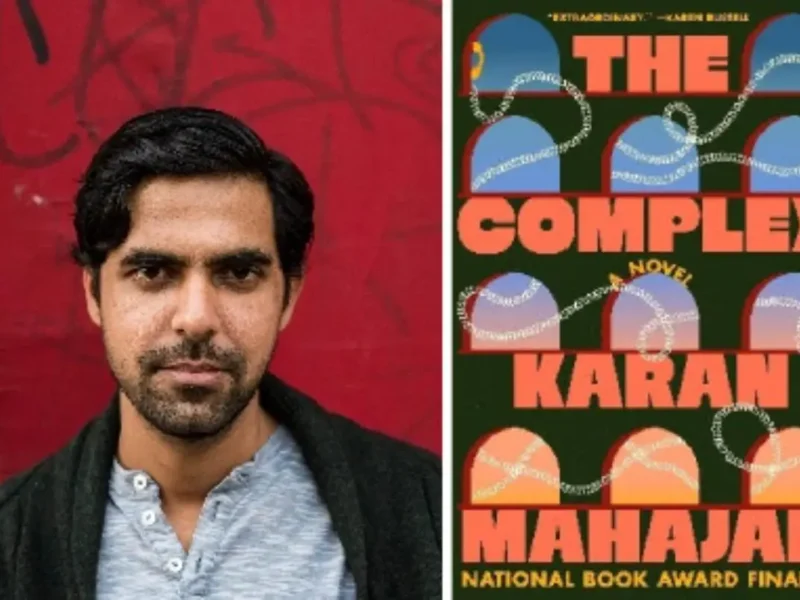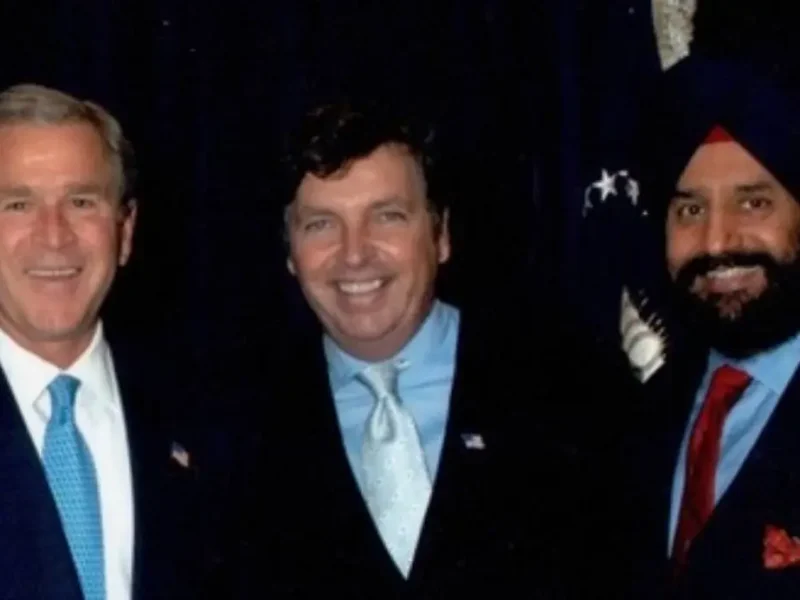Interview: ESPN’s Shwetha Surendran Decodes Sports Stories With Data
By SEEMA AZHARUDDIN
Sports generate a lot of noise, especially when things go wrong. In India, cricket is a popular national pastime, similar to ball and hoop games in the US. The positive and negative noise around sports creates imbalances and legal investigations into the reasons behind failures. The world expects detailed reports and analyses backed by data during such times. The demand for the truth intensifies through various media channels, which can be contradictory, dramatic, and demanding. The key challenge lies in providing authentic and supportive data to justify arguments.
Enter Shwetha Surendran, ESPN’s sports data analyst. A graduate of the American University, she has been selected as the inaugural fellow for ESPN’s Investigative Journalism Fellowship. Shwetha, affectionately known as ‘Shwe,’ is not just focused on scores; she delves deep into various aspects of sports, including gender issues, finance, human rights, and player safety concerns like CTE, public health, and safety. In her role as a positioned reporter at ESPN’s Investigative and Enterprise Unit, she has been drawing praise for being both intelligent and aggressive.
Last year, Shwetha Surendran and Paula Lavigne earned praise for their analysis on ESPN, showing that men’s sports often overshadow women’s sports in the same category. This gender disparity extends to financial decisions, media consumption, and brand viewership. The study was impressive, offering a thorough and insightful account.
Shwetha Surendran spoke with India-West:
What strategies do you use to ensure accuracy and fairness when writing about controversial topics?
The most effective and result-oriented strategy is the never-ending task of fact-checking. It is crucial to accuracy by asking questions, absorbing knowledge, and fact-checking repeatedly, with conscious protection of what must be said, and ensuring that diversity and inclusion are well-balanced and fair to the topic.
What techniques do you use to make complex sports concepts understandable to a general audience?
Firstly, make it understandable to yourself! Then, make a simplified version of the ‘Why’s’ of the complexities. It makes the story easier to understand, and I must know what makes it. It is imperative to know what my readers need to know.
How do you handle ethical dilemmas when it comes to reporting?
Journalism school gave me a strong foundation in ethics. Still, when it comes to day-to-day reporting, I always consider my editor and peers in the newsroom to be one of my finest resources as a young reporter to discuss ethical issues that may arise throughout a story.
Are there any plans to report on cricket, India’s national sport?
There is no reporting on cricket yet, but the global growth has been incredible for both women’s and men’s games. Now that it’s returning to the 2028 Olympic Games in Los Angeles, it’s a space I’m keeping an eye on for potential storytelling.
Sports journalism is a demanding field. How do you stay motivated for the long hours of investigation it requires?
I adore my job! Happenings within the sports industry are so attractive that it’s almost impossible not to be motivated to try and understand all of them. Talking to sources and people passionate about a story is also an excellent injection of energy for me. In a newsroom like ESPN’s, I’m so lucky to work beside other reporters whom I’ve long admired and read. That in itself is an extra boost of motivation on long days.





Neena Rao
/
Always great to read about young rising Indian women, especially in the field of sports where men have always taken the predominant role.
March 19, 2024Palepu N.Rao
/
Always great to read about young rising Indian women, especially in the field of sports where men have always taken the predominant role.
March 19, 2024